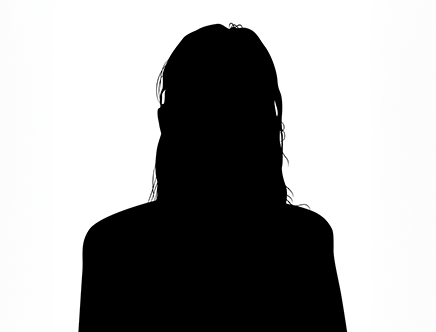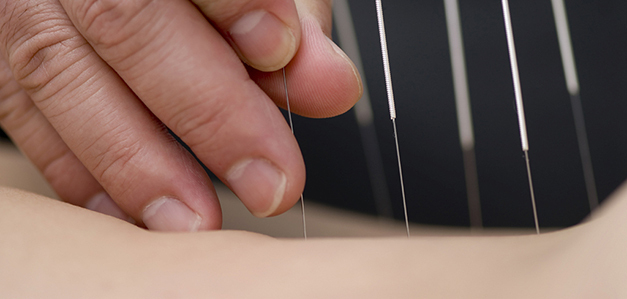Some spas in the UK offer complementary therapies such as acupuncture and homeopathy, but the number is relatively limited. Many more spas offer complementary-inspired treatments, from reflexology to yoga, and many more in-between.
The opportunity to experience complementary therapies in a spa setting is becoming more commonplace. Gone are the days that you could only get an Indian head massage in India -- the spa world has brought the best holistic therapies of the world to a spa near you!
The most common treatments you'll find on spa menus are:
Acupuncture: The ancient Chinese procedure of inserting thin needles at key points to rebalance "disharmonies" within a person's body has been used for thousands of years. Often used in Western countries to combat weight-gain, assist in smoking cessation and combat migraines amongst many other uses, acupuncture has become a staple at many spas.
Aromatherapy: You may find you're experiencing aromatherapy during your spa treatment, even if you don't realise it. Many therapists believe in the power of sweet smells to create an atmosphere of calm. From scented candles to invigorating scrubs and heavenly oils, aromatherapy is all around you. All ESPA treatment, for example, feature a scent test, designed to help your body choose the most suitable products for your spa experience.
Hydrotherapy: From swan pipes to bubbling hot tubs, underwater jets to decadent foot spas, there are a whole host of places in a spa where water is used as a therapy. Don't forget the humble swimming pool, although the spa aficionados amongst you will know that most spa swimming pools are anything but humble! More unusual hydrotherapy experiences include floatation tanks and even dry floatation, where water is used to deliver a superbly different and effective massage -- and you don't even get wet!
Indian head massage: The traditional Hindu health system of ayurveda utilises a specific form of head massage. The massage encouraging the healing and balance of your whole body by channeling seven different chakras (energy paths) using pressure and massage techniques.
Reflexology: This treatment derives from traditional Chinese medicine, your therapist will apply pressure to specific points on your hands and feet that correspond with the organs, glands, tissues and muscles in your body. In a similar way to acupuncture, this helps improve circulation of blood, oxygen and 'qi' around the body. Advocates say it also relieves stress and aids healing pain in other parts of the body.
Yoga: The practice of specific movements, stretching and breathing, coupled with meditation and relaxation, has become incredibly popular in Western society over the past couple of decades. Often used to combat stress and promote physical strength and flexibility, yoga is now available as a class at many good spas.

Summer Spy
15th December 2015
Spy Likes:
Warmth and sunshine; spas which take me away to another country; fruit infused waters; beach-worth pedicures; deep tissue massages.
Spy Dislikes:
High footfalls; treatments that over promise and under deliver; heavy lunches; loungers drapped in used towels.
